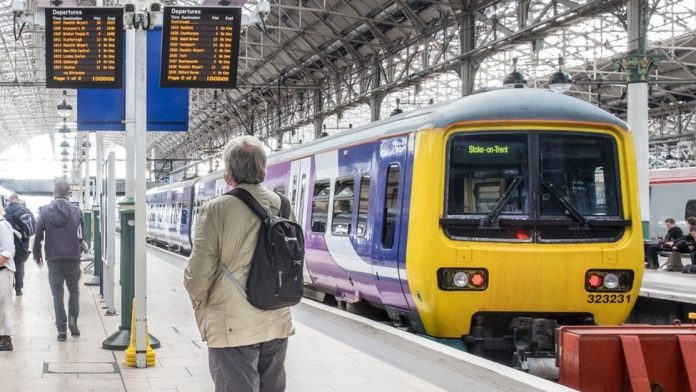New research reveals that where competition among train companies is harnessed effectively across Britain and Europe there are more customers, more services, newer trains, cheaper fares and reduced subsidy
The report commissioned by Rail Partners also warns that if reform continues to stall, the railway faces a stunted recovery from the pandemic and, in the worst case, a permanently smaller railway
While European railways are liberalising and seeing signs of a renaissance, our railway risks being left behind, facing the same choice it did in the 1990s – either setting the railway up for managed decline, or harnessing train companies to replicate their previous success of achieving record passenger numbers and reducing rail subsidy.
A thriving railway boosts the economy and, as a lower carbon form of transport, it can act as an engine for green growth, helping to meet net-zero ambitions and air quality targets. It is widely recognised the railway is not performing as it should, but the scale of the challenges and the time needed for reform to have an impact are often underestimated – the need to make progress is urgent.
In a new report. Track to Growth: Creating a dynamic railway for passengers and the economy, Rail Partners sets out the significant and complex challenges currently facing the railway, including the blurring of responsibilities and accountabilities between different parts of the system, prescriptive and no-longer-fit-for-purpose contracts, an out-dated fares system, changed travel patterns resulting in millions of pounds lost in revenue, and drawn-out industrial action.
A response, often making national headlines as a panacea to these issues, is placing the blame exclusively on train companies and calling for public ownership. But public control is far greater today than under British Rail, with the government micro-managing the smallest of commercial decisions. Reform has been needed for several years and the pandemic compounded the problem and accelerated the need for drastic change.
The report sets out analysis by economic consultants Oxera, confirming the role the private sector played in stopping the decline of the railway post-British Rail. An operational deficit was closed, taxpayer subsidy reduced freeing up money for infrastructure, and ultimately, passengers returned in record numbers. Although franchising in its latter days needed reform, harnessing train companies in the delivery of passenger services was transformative for customers and the railway.
Rail Partners’ chief executive, Andy Bagnall, said:
‘Today’s report is about getting back on track to growth. What matters is what works for customers and the taxpayer, so we should put aside ideological debates. The evidence shows that a reinvigorated public-private partnership is the best way to revitalise the railway.
‘Train companies, domestically in the past and across the continent right now, have shown the skills needed to grow passenger numbers and reduce costs for the taxpayer.
‘If reform continues to stall, the railway faces stunted recovery from the pandemic and worst case, a permanently smaller network. But with the right reforms, the railway can return to growth and act as a catalyst for a stronger, greener economy.’







